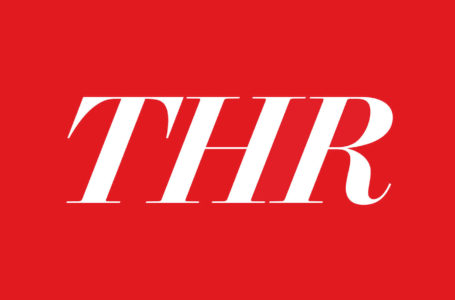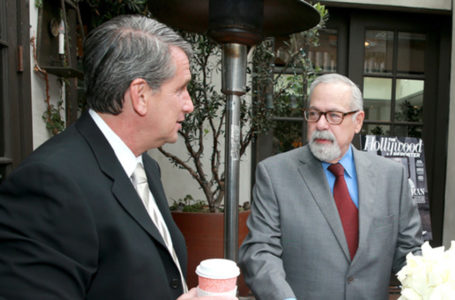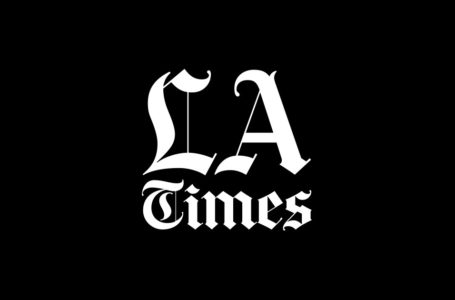LOS ANGELES — First, the paparazzi sued him for allegedly stealing photos. Now, celebrity blogger Perez Hilton, the self-styled “Queen of All Media,” can add a major movie studio to the list of enemies vying to dethrone him.
On Tuesday, Universal City Studios Productions filed a copyright infringement suit against Hilton in U.S. District Court for posting on his Web site a topless photo of Jennifer Aniston from the 2006 comedy “The Break-Up.” The studio is seeking an injunction against Hilton’s use of the image and does not specify damages.
Universal City Studios, a production arm of Universal Studios alleges in its complaint that footage of Aniston was stolen during production or post-production of the movie. Still images of the footage, which was not used in the film’s final cut, initially appeared in the French magazine Choc and ended up on the Web.
Hilton, whose real name is Mario Lavandeira, posted the image on his site in early February.
According to the complaint, Universal sent cease-and-desist letters to Hilton, demanding he remove the photo, Hilton allegedly ignored the letters.
But Hilton attorney Bryan Freedman said his client removed the image from his Web site once a letter was received, even though Hilton insists that the site does not infringe on the studio’s copyright.
It is unfortunate that Universal has chose to bring this lawsuit as our client has done nothing wrong. The use of a portion of a single photograph that was previously published on numerous Web sites for the purpose of commentary and satire constitutes fair use.
Bryan Freedman said
Edward A. Ruttenburg, a partner at Leopold, Petrich & Smith in Century City who is representing Universal, declined comment on the suit.
Universal’s copyright suit is the second in three months against Hilton, 28, whose brutal commentary and crude doodling on paparazzi photos draw more that 4 million celebrity-gawkers a day to his Web site, perezhilton.com. Aniston is one of dozens of celebrities ridiculed frequently in Hilton’s blog postings.
Aniston’s publicist could not be reached for comment.
On Nov. 30, Pacific Palisades based paparazzi agency X17 filed a $7.5 million suit against Hilton in federal court, alleging that he routinely posts the agency’s copyrighted photos without paying for them — sometimes, before they are published elsewhere.
X17’s complaint asserts that Hilton steals traffic and advertising revenue for the agency’s Web site. X17 also is seeking an injunction against Hilton’s use of its images.
Hilton denies that he posts X17’s images before publication. His commentary, he contends, constitutes a transformative use of the works protected by fair-use-defense.
X17 also claims that Hilton is liable for “hot news” misappropriation, an unfair-competition tort based on the 1918 Supreme Court case International News Service v. Associated Press. In that case, the court ruled that while facts cannot be copyrighted, the Associated Press has the right to protect the time-sensitive news it gathers.
The Associated Press’ competitor, International News Service, had been lifting stories during World War I, rewriting them and sending them to client newspapers.
“Hot-news misappropriation is a fairly rare and limited doctrine,” said media lawyer Susan Seager, a partner at Davis, Wright, Tremaine in Los Angeles. “Ive never seen it applied to photos.”
Hilton’s attorneys argue that their client is not a direct competitor of X17, a key element of the hot-news claim.
“X17 has admitted under oath that it is in business for the sole purpose of licensing its images to magazines, newspapers and television outlets around the world,” said Michael M. Amir of Century City-based Doll Amir & Eley, which also is representing Hilton in the X17 suit. “The can be no dispute that perezhilton.com has a different purpose.”
But X17 attorney John Tehranian, a partner at Turner Green Afrasiabi & Arledge in Costa Mesa, disagrees.
“We are direct competitors, even in a narrow sense, but that also makes no difference for purposes of the copyright claim,” Tehranian said. “It only affects the hot-news claim.”
A hearing for the preliminary injunction has not been scheduled, Tehranian said.




